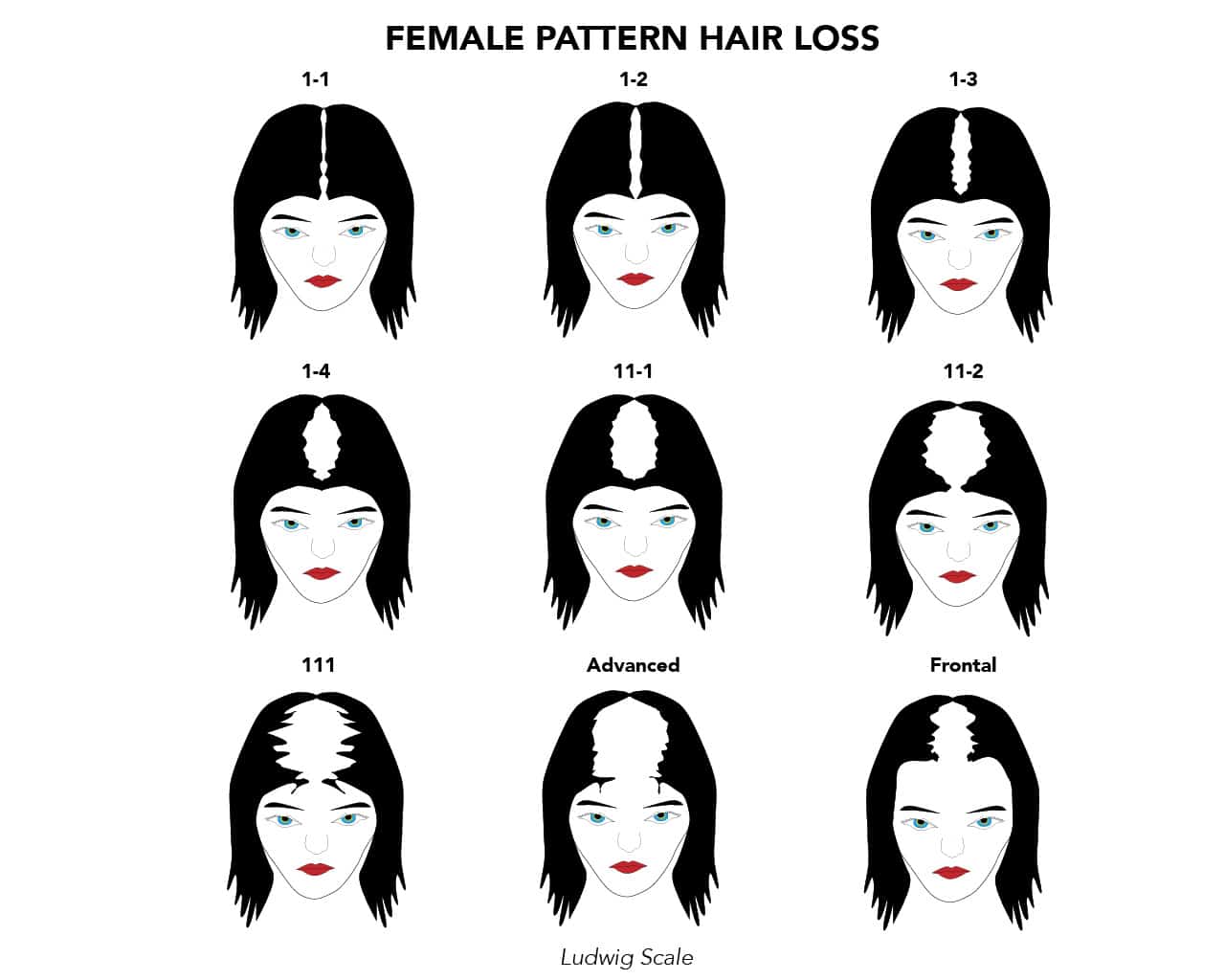Buzz Haven: Your Daily Dose of News
Stay informed and entertained with the latest buzz in news, trends, and insights.
Hair Today, Gone Tomorrow: The Surprising Truth About Hair Loss
Discover the shocking truths about hair loss and what really works! Uncover expert tips to regain your confidence and luscious locks today!
Understanding the Causes of Hair Loss: What You Need to Know
Hair loss is a common issue that affects many individuals globally, and understanding its causes is crucial for effective management. Genetics plays a significant role, particularly in conditions like androgenetic alopecia, where heredity influences hair thinning and loss. Additionally, various factors such as hormonal fluctuations, particularly during pregnancy or menopause, can lead to temporary hair loss. Medical conditions like thyroid disorders, alopecia areata, and scalp infections can also contribute to hair shedding. It's important to note that stress, an often overlooked factor, can result in conditions like telogen effluvium, where hair falls out following a stressful event.
Nutrition is another critical factor in hair health that shouldn't be ignored. A balanced diet lacking essential nutrients, particularly proteins, iron, and vitamins, can adversely affect hair growth and lead to shedding. Furthermore, the use of harsh hair treatments or styles that strain hair follicles can result in traction alopecia. To prevent these issues, it's vital to adopt a holistic approach toward hair care, which includes maintaining a healthy lifestyle, managing stress effectively, and seeking medical advice if experiencing significant hair loss.

Myths and Facts About Hair Loss: Debunking Common Misconceptions
Hair loss is often surrounded by numerous myths that can mislead individuals seeking solutions. One common misconception is that wearing hats causes hair loss. In reality, while hats can contribute to certain scalp conditions if not kept clean, they do not directly cause hair thinning or baldness. Another prevalent myth is that hair loss is solely a male issue, but fact shows that women also experience significant hair loss due to a variety of factors such as hormonal changes, genetics, and stress.
It's essential to distinguish between fact and fiction when it comes to understanding hair loss. For instance, some believe that frequent shampooing contributes to hair loss, but the truth is that it is a natural part of hair care and does not affect the hair growth cycle. Additionally, many people think that nutritional deficiencies lead to hair loss; while a balanced diet is crucial for healthy hair, most forms of hair loss are linked more closely to genetics and age than diet alone. By debunking these common misconceptions, individuals can make informed decisions regarding their hair health.
Top 5 Hair Loss Treatments: What Works and What Doesn't
Hair loss can be a distressing experience for many, but understanding the available treatments is crucial in finding an effective solution. In this article, we will delve into the top 5 hair loss treatments that have gained attention for their effectiveness. We will categorize these options based on what works and what doesn't, helping you make informed decisions. Here are some of the most common treatments:
- Minoxidil: A topical solution that promotes hair regrowth.
- Finasteride: An oral medication that blocks hormones responsible for hair loss.
- Hair Transplant Surgery: A surgical method that redistributes hair follicles.
- Low-Level Laser Therapy: A non-invasive technique that stimulates hair growth.
- Natural Remedies: While some promote them, their effectiveness is often unproven.
While these treatments are popular, it's essential to consult with a healthcare professional to determine the best option for your specific situation.